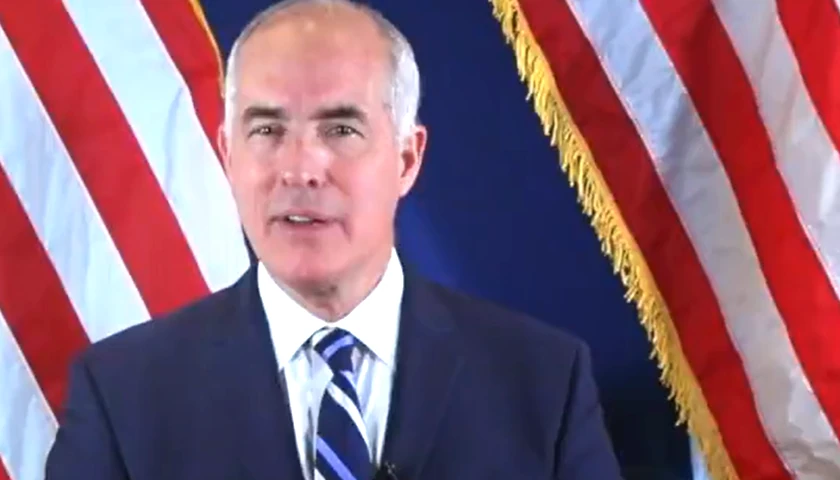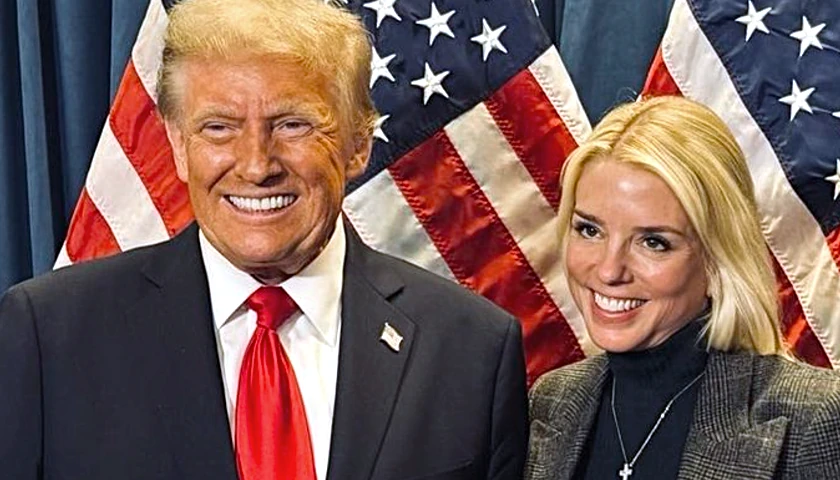How is it possible to separate organizations’ campaign contributions from their lobbying activities? It may not ever be possible. Political Action Committee (PAC) is a term for a political committee organized for the purpose of raising and spending money to elect and defeat candidates. Numerous groups that have a PAC do not have a lobbyist, and many groups that have a lobbyist do not have a PAC. Perhaps it should be an either/or option and get the political donations completely out of policy issues.
The prevailing opinion is that campaign contributions are integral to lobbying efforts and buying access to elected officials. Have we really sunk to that level in America? Nashville? Lobbying and contributing to political candidates should be completely unrelated activities. Perhaps the state comptroller should investigate the relationship between PAC donations to specific legislators and the amount of time their lobbyists spent with those legislators. It should reveal interesting findings. It should also be clear how much lobbying effort was directed at the legislative branch and how much was directed at the executive branch, and those political donations as well. This would be the only way to measure the extent to which contributions really affect the way that policymakers allocate their time, and whether money as a political resource magnifies and perpetuates political inequalities.
Even though it is an ugly secret, there is little doubt that some organizations obtain votes by making campaign contributions. Thus, lobbying strategies become dependent upon campaign donation strategies. What transpires in the meetings between legislators and interest groups with PACs can be a matter of inference and speculation. However, what is not supposition is that legislation favored by those who contribute political donations succeed on a regular basis. Many politicians also form PACs as a way of raising money to help fund other candidates’ campaigns. A common occurrence is money gets funneled to Candidate A via Candidate B, by other special interests or PACS through this method. Follow the money.
In reality, groups that command non-monetary resources valued by policymakers —policy expertise, access to voters, and influence may be more important than a campaign check. As labor unions have seen their influence decline, they could likely discover it to the fact they are spending less on lobbying, and more on political giving. There are smaller victories, and they are having to write bigger checks to secure even those. It will only escalate and union dues will increase. The lesson here is obvious.
Clearly, we believe issue advocacy is good, and it is a First Amendment right to express an opinion to policymakers. We also have no problem with people making political contributions to the candidates of their choice. What we would like to see is a clearer separation between these two activities, with better monitoring. Are political campaigns on behalf of candidates engaging in illegally coordinated activities with PACS? Nobody can be certain. Should PACs be forced to immediately disclose their donors and campaign expenditures? Should people who have PACS be required to register to lobby? It is essential that citizens know who is financing policymakers’ elections.
Professional Educators of Tennessee will continue to lobby for public education. However, we will never endorse political parties or candidates as an organization on behalf of our members. We also do not have a PAC, nor do we plan to ever start one. It would harm our effectiveness. We must advance public education without the divisive tribalism of partisan politics, and we will only get involved in education related issues.
– – –
JC Bowman is the Executive Director of Professional Educators of Tennessee, a non-partisan teacher association headquartered in Nashville, Tennessee. Permission to reprint in whole or in part is hereby granted, provided that the author and the association are properly cited. For more information on this subject or any education issue please contact Professional Educators of Tennessee.




